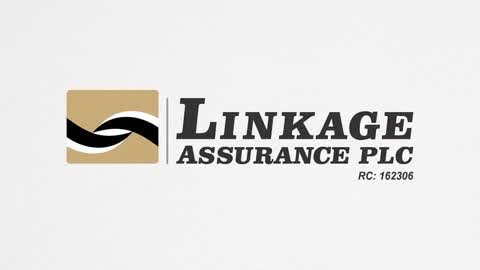Governments at all levels have been tasked by tax practitioners to enhance their tax administration procedures in order to foster economic growth.
According to The PUNCH, during a panel discussion hosted by the Nigerian Chartered Institute of Taxation, the professionals shared their insights.
“Stimulating Revenue Growth through a Friendly Business and Tax Environment” was the focus of the Lagos-based event.
The managing partner of Ascension, Alatoye Azeez, stated in his presentation that “tax flow is a function of business flow since only productive companies are able to pay their taxes.”
Azeez contends that a strong economy depends on enhancing the business climate through tax incentives.
He pointed out that if they had received the proper incentives, companies that had just left Nigeria might have stayed.
He said that a detailed analysis of tax incentives must take into account factors including government policy, economic impact, compliance and efficacy, investor perspective, and revenue implications.
According to Azeez, “some people think that the government loses money when it offers tax incentives. Is that accurate? Is that not the case? Or is it a mix of the two? Despite the region’s size, the South-West lacks a five-star hotel outside of Lagos.”
“You can talk to large hospitality companies and ask them whether they can handle a five-star hotel. To help you generate enough money, we are offering you a five-year tax holiday. Does that make sense to you and me?”
A partner at Deloitte and Touche, Toluwalogo Odutayo, reiterated the importance of bridging the divide between tax authorities, tax practitioners, and taxpayers.
She believes that tax authorities should instruct taxpayers on how to file their taxes.
“Data privacy is another important issue that tax authorities need to consider, Organizations and multinational corporations frequently worry about privacy regulations because they have to go by international norms as well,” she stated.
Odutayo also pointed out noncompliance as one of the weaknesses in Nigeria’s tax system.
Lack of coordination among tax administrators, unclear tax rules, excessive aggressiveness in tax collection and recovery, and inadequate taxpayer education are all contributing factors to the backlog in tax audits.
Partner, Tax, Regulatory, and People Services at KPMG, Adewale Ajayi, stated that a number of factors had significantly impeded Nigeria’s economic growth, including high interest rates, high levels of inflation, sustained currency depreciation, overreliance on oil revenue, policy inconsistency or misalignment, insecurity, low tax compliance, and poor tax administration.”
Concerned that 70 per cent of Nigeria’s income was being used to pay off debt, Ajayi emphasised that the nation needs to raise its tax-to-GDP ratio, which is now lower than that of many other African nations.
According to the Managing Partner of Mazaars, Uhabia Ojike, who was represented by Simon Kato claimed, low tax compliance hindered the government’s capacity to generate funds for development.
He also bemoaned the fact that for more over 50 years, Nigeria’s tax-to-GDP ratio had stayed between 6 and 10%.










